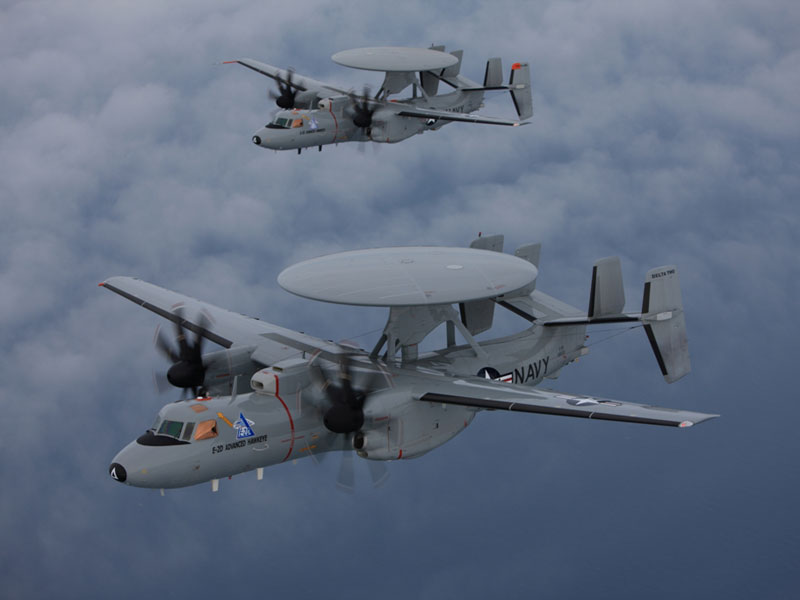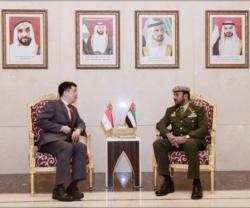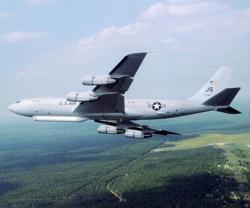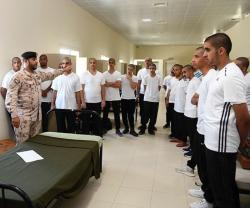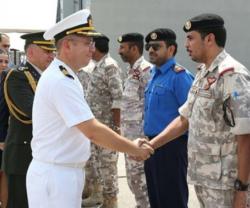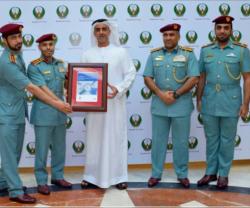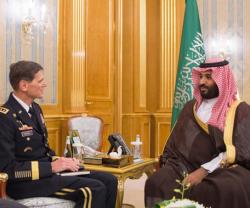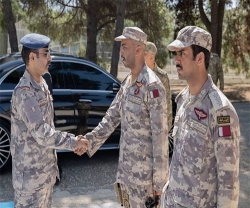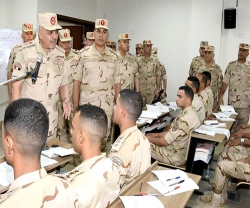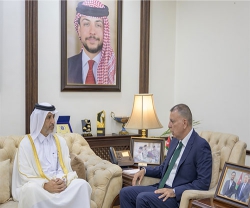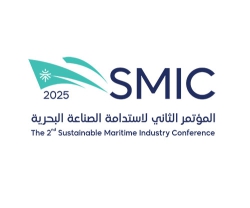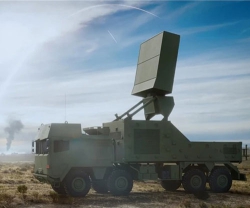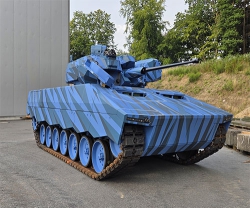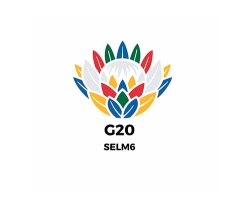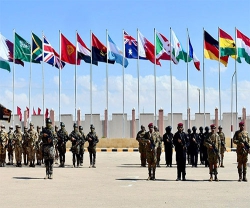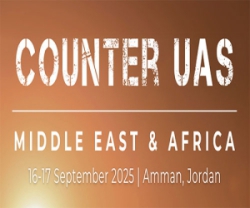Northrop Grumman Corporation (NGC) is highlighting a range of its global defense and security solutions, including airborne early warning and control systems, aerial surveillance and mine countermeasures at the Doha International Maritime Defense Exhibition & Conference (DIMDEX) taking place at the Qatar National Convention Centre, from March 25-27, 2014.
Northrop Grumman has had a presence in the Middle East for more than a decade. The recent appointments of Walid Abukhaled and Doug Raaberg as Chief Executives in the Kingdom of Saudi Arabia and United Arab Emirates (UAE) respectively, enhances the company's presence and further positions Northrop Grumman for success in the Middle East region as the company continues to broaden its global market focus.
“Northrop Grumman's strong relationship with the Gulf Cooperation Council countries goes back many decades and is built on a legacy of trust and performance. Our objective is to continue to work closely with our customers to build on this partnership and to provide the most advanced long-term capabilities to help meet the needs for enhanced defense and national security across the region,” said Abukhaled.
The world-leading airborne early warning capabilities of its E-2D Advanced Hawkeye (photo) at the show. The E-2D Advanced Hawkeye couples a newly designed electronically scanned radar with a matching suite of sensors, avionics, processors, software and displays to provide the most technologically advanced command and control capability available worldwide.
The new AN/APY-9 radar is the backbone of the E-2D Advanced Hawkeye and provides greater flexibility and significantly improved detection and tracking over all terrains. Northrop Grumman has delivered 12 E-2D Advanced Hawkeye aircraft to the U.S. Navy and initial operational capability with the Navy fleet is on track for 2015. The program entered full-rate production in early 2013 after being declared operationally suitable and effective following a robust 10 month initial operational test and evaluation by the Navy.
Northrop Grumman's capability in mine detection is also highlighted at the show. The AQS-24A high-speed mine-hunting system can be towed from the MH-53E and MCH-101 helicopters, and unmanned surface vessels. The AQS-24A and its predecessor systems, AQS-24 and the AQS-14, are the operational airborne mine-hunting search systems used by the U.S. Navy for the past 29 years. The helicopter-carried Airborne Laser Mine Detection System is a laser-based, light detection and ranging sensor system that detects, classifies and localizes surface and near-surface mine-like objects from above the waterline and is complementary to the AQS-24A.
Additionally on display is a model of the Bat™ UAS, Northrop Grumman's family of multi-mission, persistent and affordable unmanned air vehicles that can be configured for tactical missions such as counter IED, communications relay, signals intelligence, electronic warfare (EW), and maritime surveillance. Combat-proven, Bat has been deployed to multiple forward operating bases in support of Operation Enduring Freedom. Bat has flown a large variety of payloads such as EO/IR, SAR, SIGINT, EW and Comms Relay.

